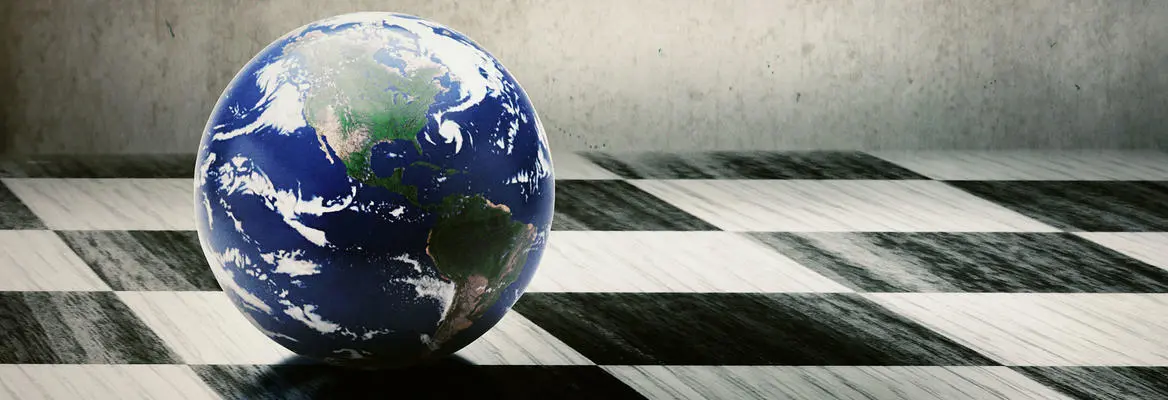Major global crises act as key events that change the ways in which we think and act. For countries they present opportunities to forward interests and to gain advantage over others. In the twenty-first century we have experienced a couple of such critical inflection points – the September 2001 terrorist attacks and the 2008 credit crunch – when the curve and trajectory of international politics was subsequently re-crafted by its most influential actors. As then UK Prime Minister Tony Blair aptly noted in the aftermath of 9/11: “this is a moment to seize. The kaleidoscope has been shaken. The pieces are in flux. Soon they will settle again. Before they do, let us re-order this world around us”.
Despite its relatively novel status, we can already see evidence of countries using the crisis for domestic advantage. In Hungary Victor Orbán passed open-ended emergency powers to allow him to rule by decree, silence the media and disempower democratic institutions. In India, advocates of the ruling BJP have blamed the crisis on the country’s Muslim population, labelling it “corona jihad”, in order to further their right wing Hindu nationalist agenda. In the UK, Boris Johnson’s Conservative government looks set to use Covid-19 to mask the expected economic fallout from pursuing a no-deal Brexit. As the pandemic deepens, we can expect such domestic political obfuscation to only increase.
Despite its relatively novel status, we can already see evidence of countries using the crisis for domestic advantage.
More tellingly, the crisis provides major global opportunities. Such opportunity seeking and opportunity taking is the qua sine non of the world’s great powers. These countries are the ones whose economic, military and diplomatic clout give them the ability to shift the very parameters of international society. Proactive, calculative and intentional in their actions, they seek to bend the world to their will in order to fulfill their aims and interests. As the most seasoned of international actors, their state capacities are geared to take advantage of such blurry and unsettled times. Their leaders know that crisis equals opportunity, that it can weaken competitors and shift global power balances.
Crucially too when compared with other events, this pandemic is a hyper crisis on a scale that the world has not experienced in generations. As a generalised global threat that will not be over for many months – if not years – to come, it provides an extended zone of opportunity during which a proactive great power can attempt to craft the world in their own image. Moreover, as an intrinsically inward-focused event, the coronavirus crisis also rapidly consumes domestic state capabilities, innately decreasing the diplomatic bandwidths of the worst affected countries, whereby internal affairs are privileged over external ones. In most countries of the world, the psychological shock of Covid-19 is also producing highly traumatised populations who, along with a media distracted by rising infections and deaths, are often numbed if not oblivious to wider international events.





















Join the conversation